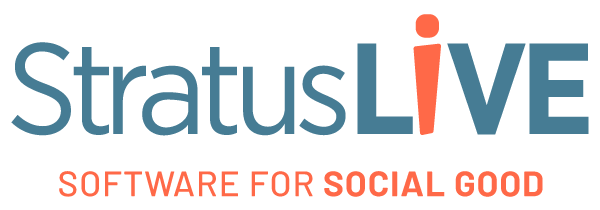I was recently talking to a long-time friend who is the founder and president of a large electrical distribution company. We covered a lot of topics, and eventually wound up discussing the pros and cons of different types of software.
When discussing CRM, he quipped "I just want my sales people to make deals and not spend time entering data....."
I listened. Patiently.
Not Just Software
As it turns out, like so many others, my friend's company has "tried" several contact management tools and even a couple of "CRMs" which vendors had tried to "bolt-on" to their accounting as a separate system. The result was not more - but less efficiency. Ironically, less efficiency meant less time for building essential business relationships. CRM, to him, was a bottleneck rather than a tool to empower more success.
Unfortunately, his experience is actually rather common. And why is that? It's simple: very few CRM implementations actually use CRM as the central hub for total customer engagement.
Well designed CRM is good for relationships but it also benefits operations by improving things like workflow, data entry, marketing, conversion tracking, information sharing.... and most importantly, it's flexible enough to accommodate rapid change.
After asking some questions to make sure I understood the situation, I explained that we see more success at nonprofits where CRM is adopted as the most central system. It's a different approach from older systems that want to keep financial transactions at the center and treat relationships as an after-thought.
In fact, when you see organizations bolting CRM onto their finance, marketing, or business processing software it is a tell-tale sign there is a disconnect about how to really change their revenue, productivity, and donor engagement strategies. I am not saying it won't work for some people, but this non-comprehensive kind of thinking comes up short more often than not.
Maximizing your Software Investment
By contrast, we see clear, measurable success with our nonprofit clients who fully embrace CRM as a philosophy for driving business change.
This idea requires a different kind of management strategy; one which places customer relationships with associated interactions and activities (including cultivation that converts to dollars) at the heart of your business flow.
According to Bill Reid, COO at United Way South Hampton Roads, CRM has enabled them to significantly reduce cost and effort for data management tasks while improving relationship development fundraising efforts.
More Information from CRM Magazine
In the CRM Magazine article, Tips for Maximizing CRM Investments, author Oren Smilansky provides several key points such as setting expectations, supporting users, and educating business users especially executives to a new way of thinking.
He also emphasizes the important but often overlooked availability of vertical-specific vendor expertise - which is where we come in.
Contact Us
If you know your organization could use some help, we'd like to talk.






